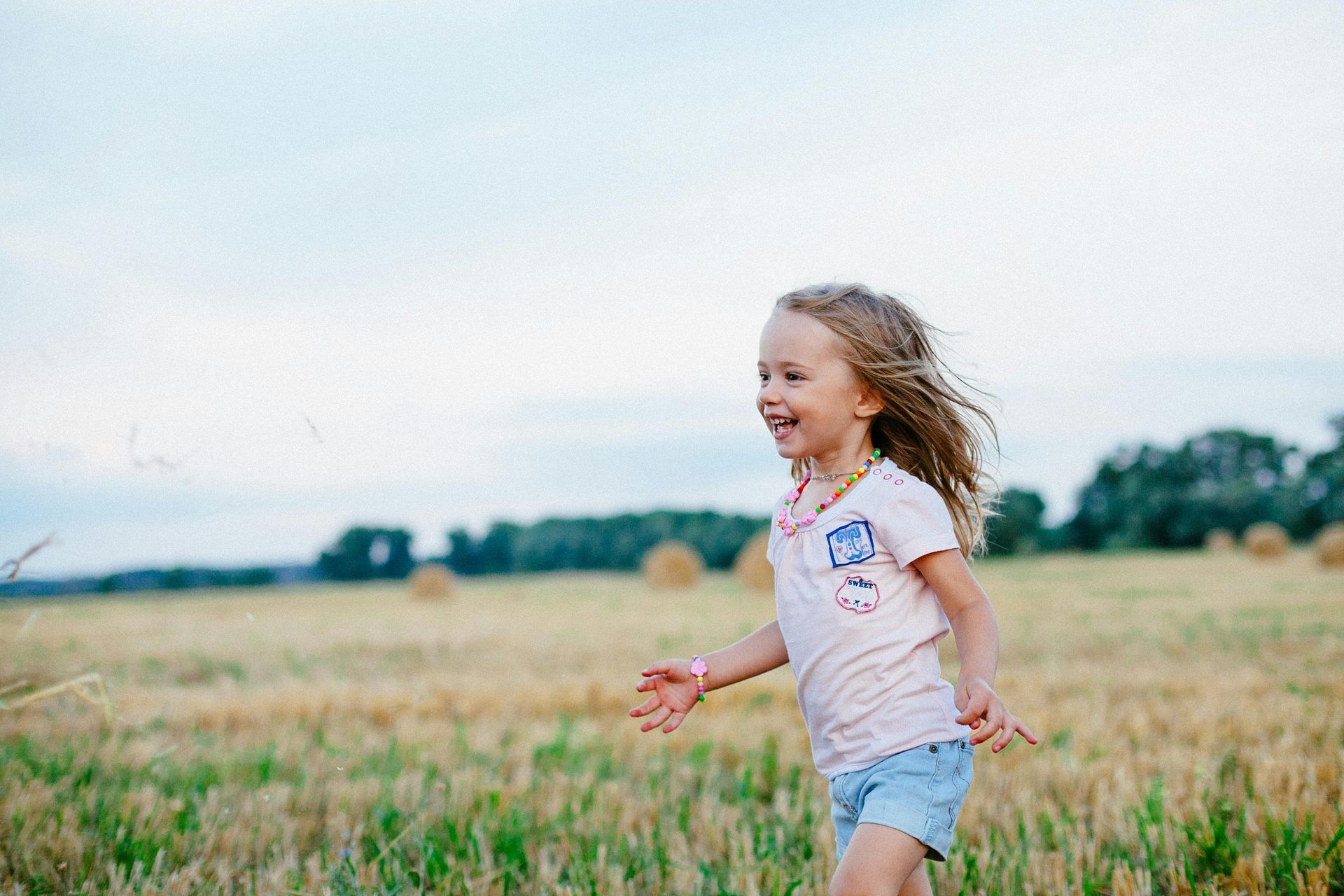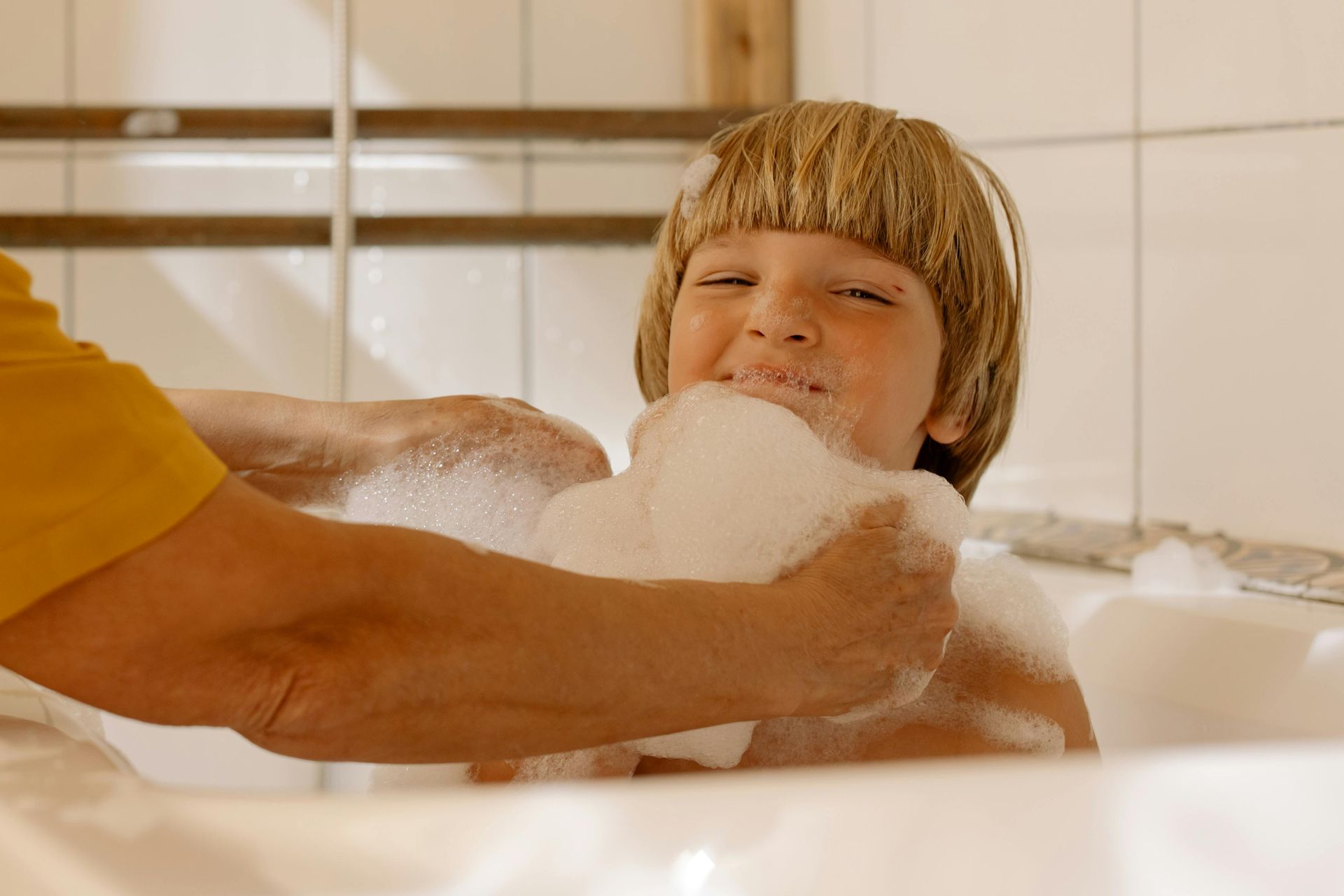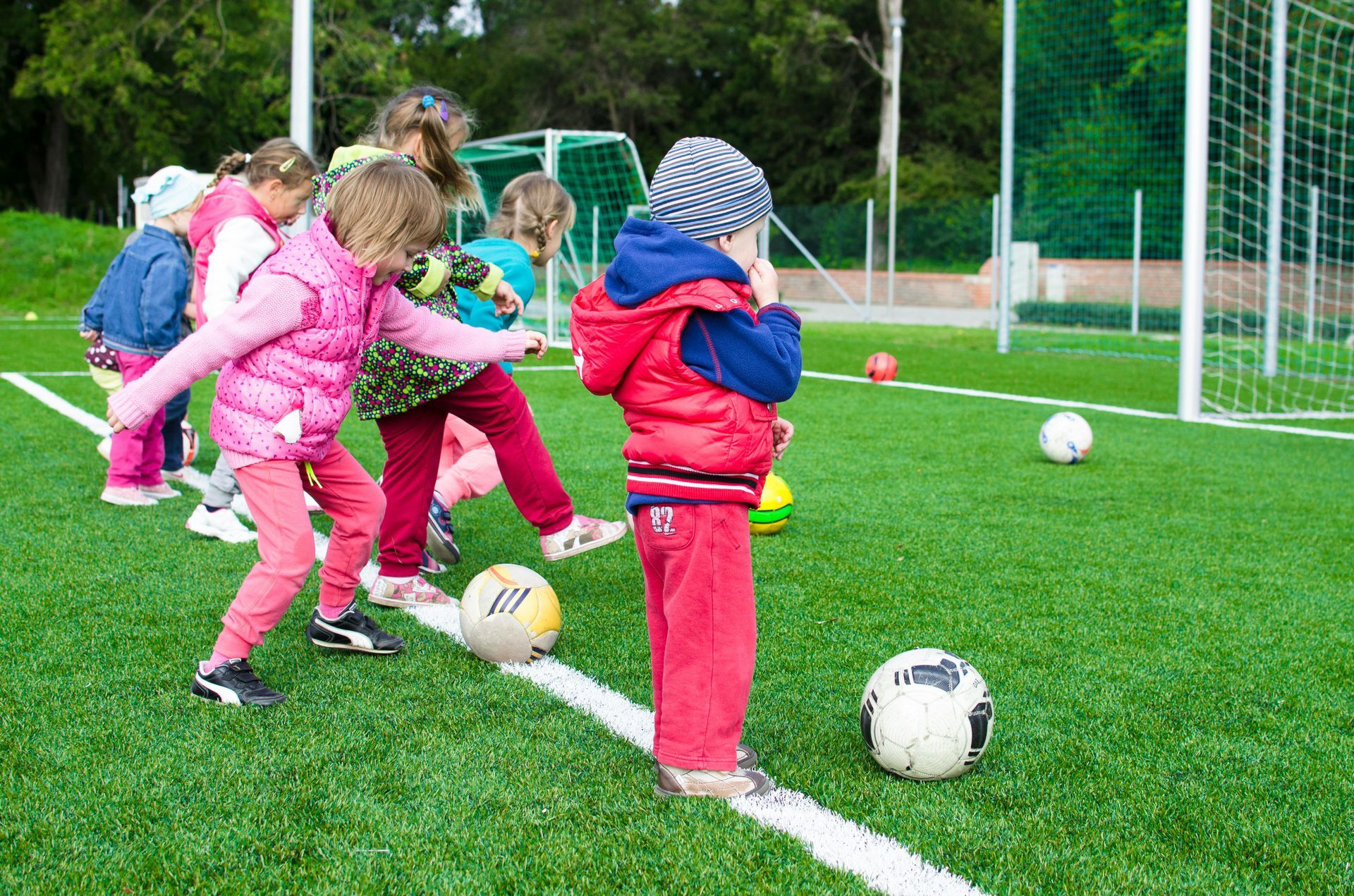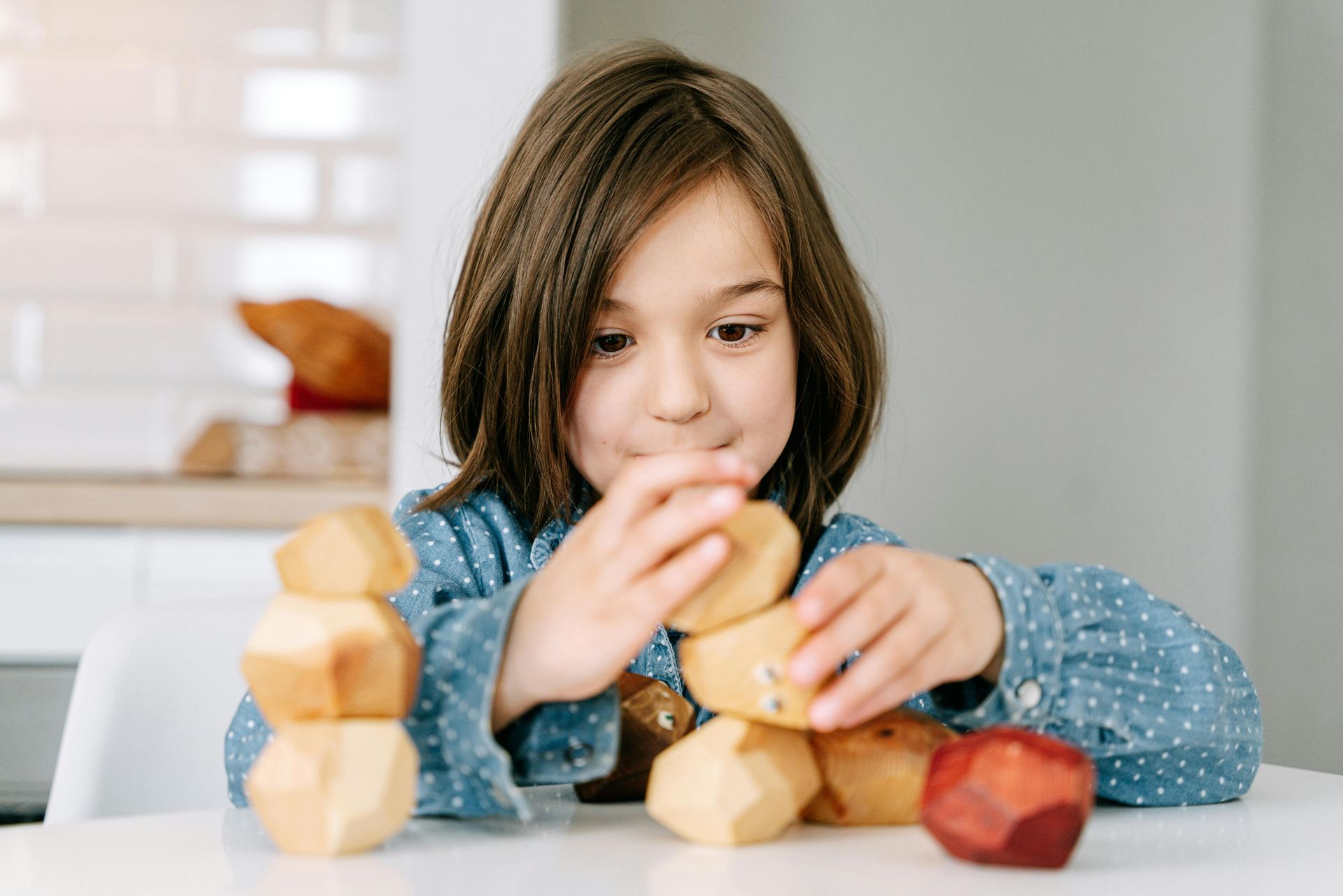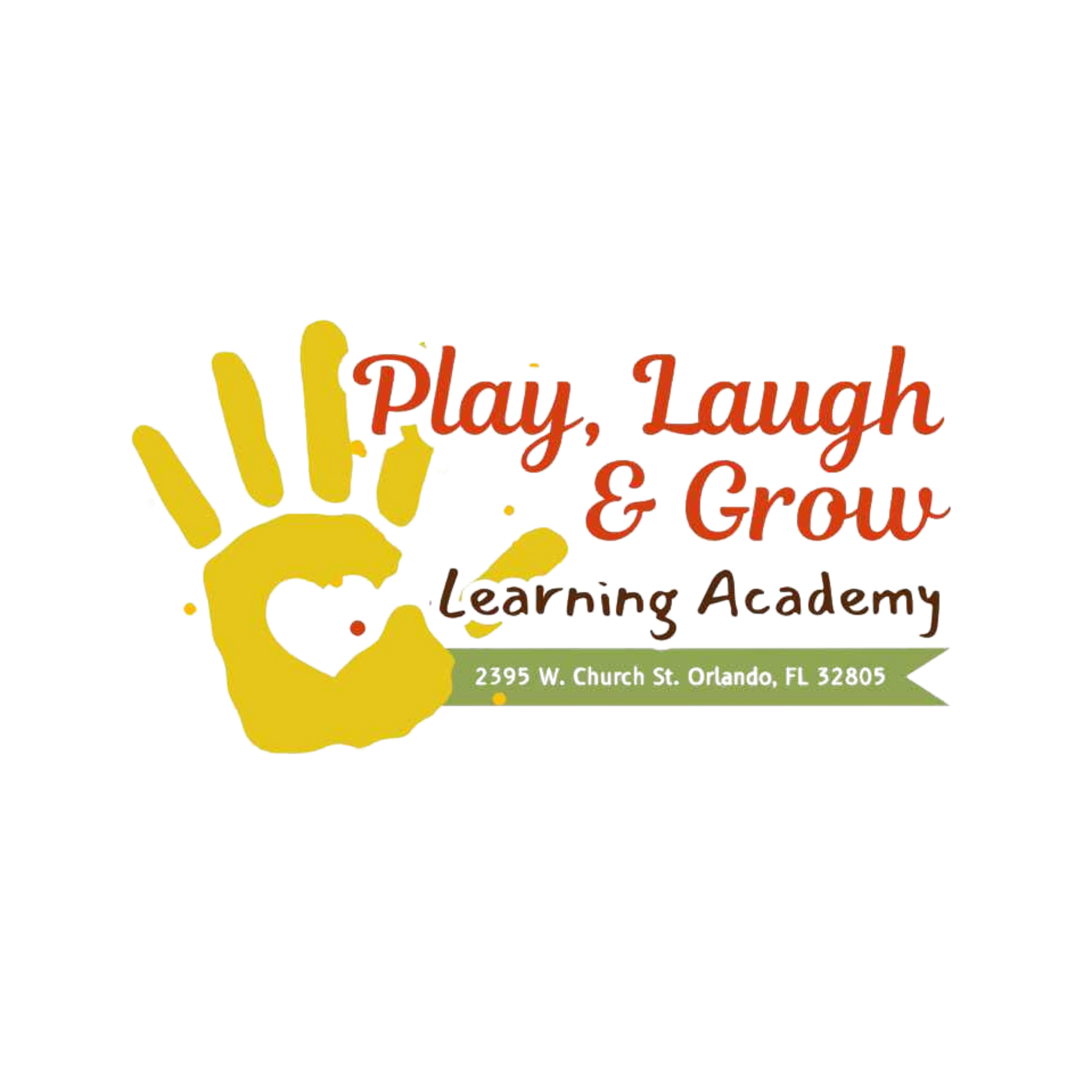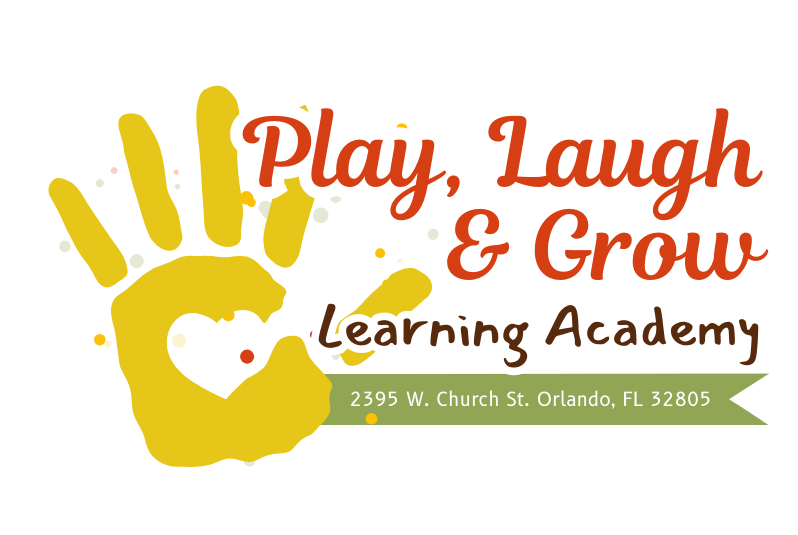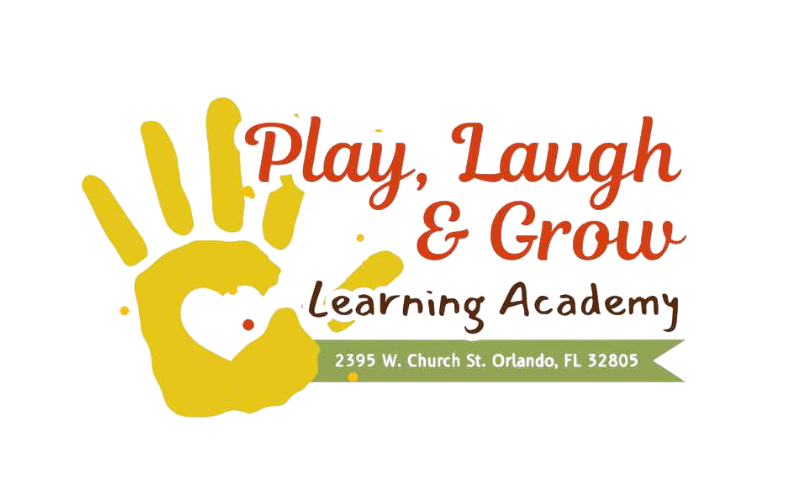How Play Laugh and Grow Academy Supports Social-Emotional Development in Young Children

As parents and caregivers, one of the most important things we can do for our children is to ensure that they grow up emotionally and socially equipped to navigate life’s challenges. The early years are critical for emotional and social development, and a nurturing environment plays a vital role in helping children develop the skills they need to interact positively with others, manage their emotions, and build healthy relationships. At Play Laugh and Grow Academy, we prioritize social-emotional learning (SEL) in everything we do. In this blog post, we will explore the importance of social-emotional development in young children and how Play Laugh and Grow Academy fosters these skills to prepare children for a lifetime of success.
What Is Social-Emotional Development and Why Is It Important?
Social-emotional development refers to the process by which children learn to understand and manage their emotions, establish and maintain positive relationships with others, and make responsible decisions. It is the foundation for building healthy interactions with peers, family members, and educators, and it directly impacts a child’s ability to succeed in school and life.
Research shows that children who develop strong social-emotional skills are better able to cope with stress, manage conflicts, and communicate effectively with others. These skills are essential not only for academic achievement but also for overall well-being. Social-emotional development also contributes to a child’s mental health, self-esteem, and ability to empathize with others.
How Play Laugh and Grow Academy Nurtures Social-Emotional Skills
At Play Laugh and Grow Academy, we understand that emotional and social growth is just as important as academic learning. Our educators are committed to creating an environment where children feel safe, supported, and encouraged to explore their emotions and build positive relationships. Here are some of the key ways in which we promote social-emotional development:
- Creating a Safe and Nurturing Environment
For young children to feel confident in developing social-emotional skills, they need to feel safe and secure. Our classrooms are designed to be welcoming, inclusive, and emotionally supportive. We provide a space where children feel valued, respected, and loved—essential elements for developing self-esteem and a sense of security. Our teachers build trusting relationships with each child, creating a foundation of emotional safety that encourages open expression of feelings.
- Modeling Positive Social Interactions
One of the most effective ways for children to learn social skills is by observing positive role models. Our teachers model respectful communication, cooperation, and empathy in every interaction. By demonstrating how to express emotions appropriately, resolve conflicts peacefully, and show kindness to others, we give children real-life examples of how to navigate social situations. These lessons are reinforced through everyday interactions, helping children internalize the social behaviors they observe.
- Structured Activities for Social Learning
We offer a variety of activities that encourage children to practice social-emotional skills. Group activities, such as cooperative games and circle time discussions, give children the opportunity to interact with peers in a structured setting. Through these activities, children learn how to share, take turns, and cooperate with others in a positive, respectful way. Our educators guide children through group interactions, offering gentle guidance on appropriate social behaviors and reinforcing positive actions.
- Emotional Expression and Regulation
Emotional expression is a key component of social-emotional development. At Play Laugh and Grow Academy, we encourage children to identify their feelings and express them in healthy ways. Whether it’s through art, storytelling, or verbal communication, we provide children with the tools they need to articulate their emotions. Additionally, we help children develop self-regulation strategies to manage emotions such as frustration, anger, and anxiety. By teaching coping skills like deep breathing, counting to ten, or taking a break, we empower children to manage their emotions effectively.
- Conflict Resolution Skills
Conflicts are a natural part of growing up, and learning how to handle them is an important social-emotional skill. At Play Laugh and Grow Academy, we view conflicts as learning opportunities. When disagreements arise between children, our educators facilitate discussions to help children understand the different perspectives involved and guide them toward peaceful solutions. By encouraging children to express their feelings, listen to others, and negotiate compromises, we teach them valuable conflict resolution skills that they can use throughout their lives.
Why Social-Emotional Learning Matters for Future Success
Strong social-emotional skills lay the foundation for success in school, work, and relationships. Children who develop these skills early on are more likely to experience positive outcomes in a variety of areas:
- Academic Success: Children with strong social-emotional skills are better able to focus, stay engaged in learning, and work cooperatively with classmates. They are also more likely to handle academic challenges with resilience and a positive attitude.
- Mental and Emotional Well-Being: Social-emotional learning promotes mental health by helping children regulate their emotions, cope with stress, and build healthy self-esteem. Children with strong emotional skills are more likely to manage anxiety, sadness, and frustration in productive ways.
- Positive Relationships: Children who develop empathy and effective communication skills are better equipped to build meaningful relationships with peers and adults. These skills are essential for developing friendships, working in teams, and establishing trust with others.
- Long-Term Benefits: Research has shown that social-emotional learning leads to long-term benefits, including better mental health, higher educational attainment, and improved career outcomes. By investing in social-emotional development in early childhood, we are setting children up for success in every aspect of their lives.
The Play Laugh and Grow Academy Difference
At Play Laugh and Grow Academy, we are committed to nurturing the whole child. Our approach to social-emotional learning is integrated into all aspects of our curriculum, ensuring that children develop the skills they need to thrive emotionally, socially, and academically. We believe that every child deserves a strong foundation for emotional well-being, and we work tirelessly to create an environment where children feel supported, respected, and empowered.
Our educators are passionate about fostering positive relationships with children and encouraging them to express themselves in a healthy and constructive way. We recognize that each child is unique, and we take a personalized approach to teaching social-emotional skills that align with each child’s developmental needs.
Discover why early childhood education is crucial for development and how Play Laugh and Grow Academy fosters emotional intelligence by reading Why Early Childhood Education Matters: A Parent’s Guide to Play Laugh and Grow Academy’s Impact on Development and Building Emotional Intelligence in Early Childhood: A Guide for Parents at Play Laugh and Grow Academy.
Conclusion
Social-emotional development is a crucial aspect of early childhood education that shapes a child’s overall well-being and success in life. At Play Laugh and Grow Academy, we are dedicated to helping children develop the social and emotional skills they need to become confident, compassionate, and capable individuals. By providing a safe, nurturing environment and offering structured opportunities for social learning, we equip children with the tools they need to navigate life’s challenges and build positive relationships with others.
Through our commitment to social-emotional learning, we are ensuring that the children in our care are well-prepared for the future, not only academically but also emotionally and socially.

